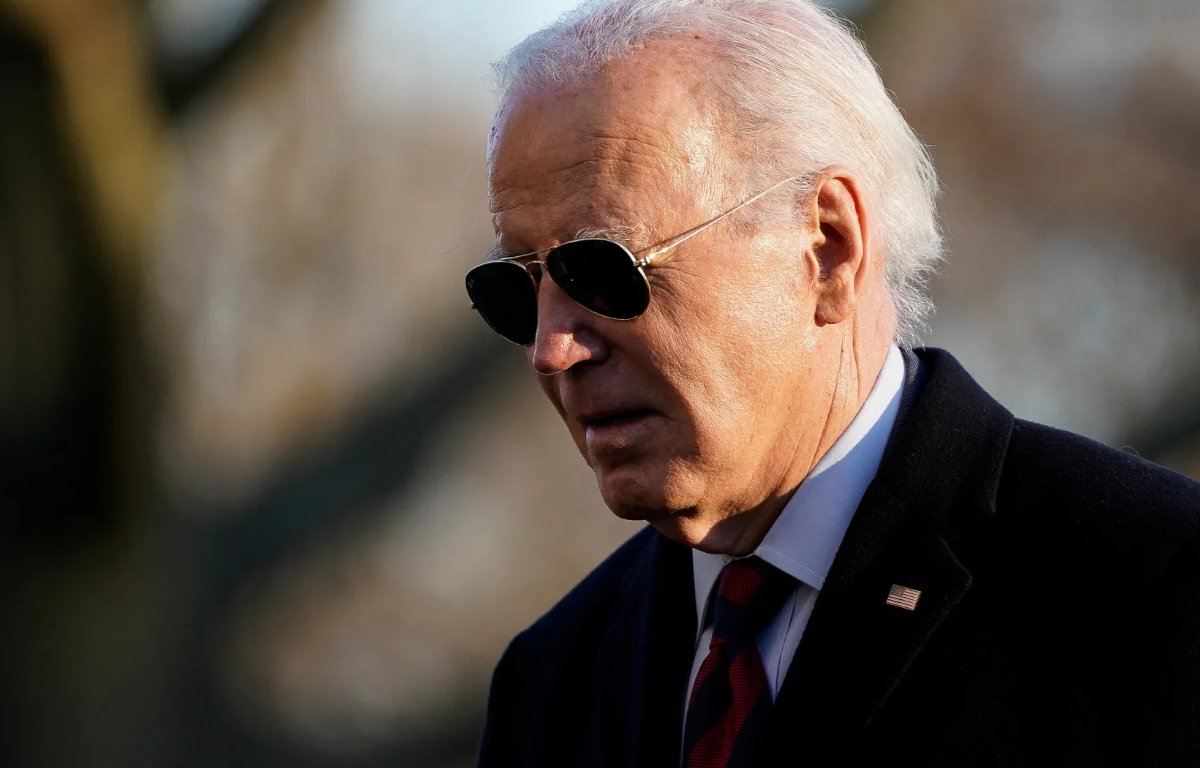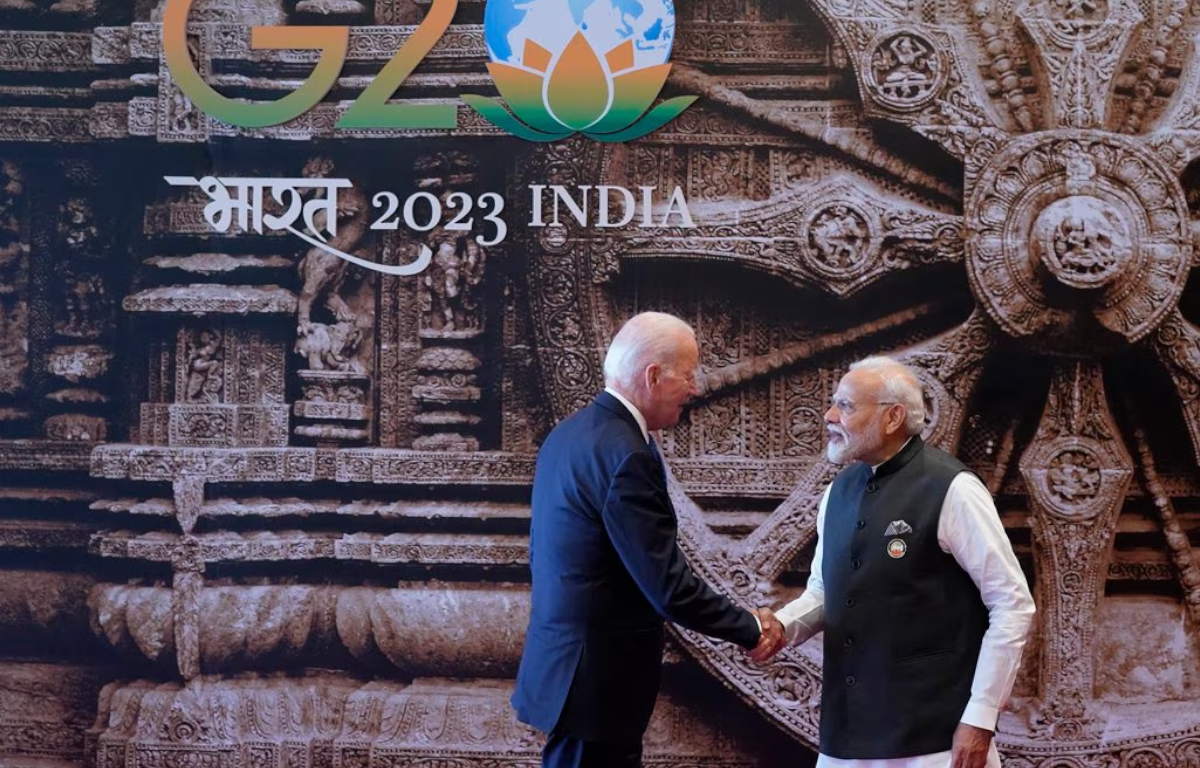
China’s stance on this issue is rooted in its intricate energy landscape. While the country has made substantial investments in renewable energy, it remains heavily reliant on coal, a significant contributor to greenhouse gas emissions. China is concerned that a sudden “fossil phase-out” could endanger its energy security and economic growth, potentially leading to social instability. Instead, China has consistently advocated for a “just transition,” emphasizing a gradual reduction of emissions while safeguarding the livelihoods of those employed in the fossil fuel sector.
China’s stance aligns with the concerns of many developing countries, reflecting the broader global challenge of transitioning away from fossil fuels. These nations argue that advanced economies, responsible for most historical emissions, should lead the way in phasing out fossil fuels. They insist on financial and technological support to facilitate a smoother transition to cleaner energy sources.
However, China’s approach raises concerns among environmental activists and climate scientists. The Intergovernmental Panel on Climate Change (IPCC) emphasizes the urgency of rapid and substantial emissions reductions to limit global warming to 1.5 degrees Celsius above pre-industrial levels. Achieving this goal necessitates a significant reduction in fossil fuel usage. Critics argue that China, as the world’s largest emitter, should adopt more aggressive measures to reduce its carbon footprint and emphasize the importance of global cooperation in addressing climate change.
China’s refusal to endorse “fossil phase-out” language does not signal a lack of commitment to climate action. The country has made significant strides in renewable energy adoption, electric vehicles, and reforestation efforts. It is also investing in carbon capture and storage technologies to mitigate emissions from existing coal plants. The way forward likely involves a nuanced approach that acknowledges China’s economic and energy challenges while pushing for more ambitious emissions reduction targets and a clearer plan for transitioning away from fossil fuels.
Ultimately, China’s stance at COP28 underscores the critical role of international cooperation in addressing climate change. Climate change is a global issue that requires collective action. Constructive dialogue among nations, with a focus on equity, is essential to making meaningful progress.
China’s rejection of the “fossil phase-out” language at COP28 highlights the intricate challenge of addressing climate change in a world with diverse energy needs and economic realities. While it underscores the difficulties of balancing economic development with emissions reduction, it also emphasizes the urgency of finding equitable and just solutions to the climate crisis. The world will closely observe how global leaders work together to tackle this pressing issue in the coming years.










Share this: